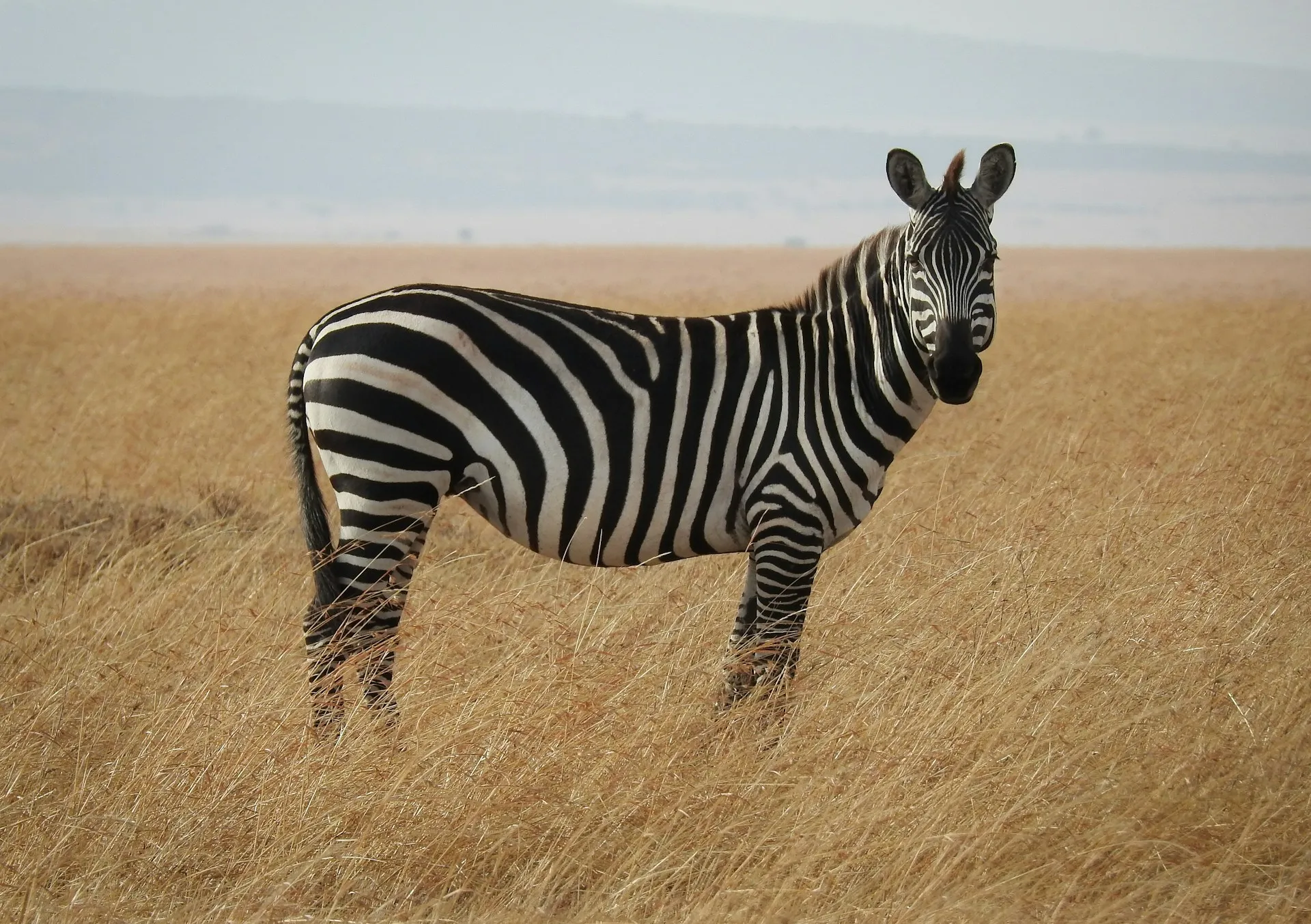My Connection to Rare Disease Day

by Rabbi Ilana Garber
“These are all the people,” my husband explains as he points to the variety of seeds, hundreds of them, that have fallen off my son’s everything bagel and now cover his plate.
“And of all of the people, each one has different genes, different ways their bodies are made.” He goes on to explain to my son why they both have the same color eyes and why his brother and I share a head full of curls.
“And then there are these people,” he says as he separates the seeds into a small subsection, “that have a difference in their genes so they have a rare disorder, like your brother who has Fragile X.”
I love this impromptu explanation, which came as a result of my reminding our son to wear jeans on February 28, in honor of Rare Disease Day. He doesn’t get the connection, and I suppose he’s right: How will wearing jeans help his brother, who has learning and developmental delays? Of course, it won’t help him directly, but it will help by spreading awareness, teaching, educating, and advocating. Wearing jeans today won’t do much to cure his brother’s episodes of severe anxiety or his uncontrollable meltdowns, but it might help to remind everyone that our genes make us who we are, and they make us special. And down the road, that might help your brother.
To be honest, I wasn’t even sure if Fragile X Syndrome was considered a rare disease. I have made so many friends who are parenting children with FX that it feels like it’s everywhere. And given that it’s the leading genetic cause of Autism, it just may be everywhere! But it turns out that fewer than 200,000 Americans are diagnosed with FX, so it is listed as a rare disease in order to encourage pharmaceutical companies to work on treating it, even if it may not make a great profit (though trust me, if they found a cure, I’d be sure to help make them a profit!).
My only argument with my husband’s teaching (and he gets serious props because the conversation came out of nowhere and he very quickly found a visual aide and jumped into teacher mode) is that we might all be that subsection of seeds at some point in our lives. While I am all for spreading awareness about rare diseases today—and about Fragile X everyday—I think every one of those little seeds on the plate probably has some genetic challenge that is known now or will be discovered later in life.
For instance, roughly one in 150 women and one in 450 men are Fragile X premutation carriers—that is, people at risk for having children with Fragile X Syndrome or who may eventually develop one of the FX related conditions: FXTAS, a neurodegenerative condition that stands for Fragile X-Associated Tremor/Ataxia Syndrome, or FXPOI, Fragile X-Associated Primary Ovarian Insufficiency, a common cause of infertility. According to an article in the March/April 2016 Scientific American Mind, carriers of the Fragile X premutation may live symptom-free all of their lives, or they may develop one of these conditions.
This is not to minimize the impact of living with a rare disease, but rather to point out that everybody wears jeans, and everybody has genes, and life is so very fragile that we never know what might happen to our bodies.
Rare Disease Day occurs on the last day of February each year. It is also the last day of Jewish Disabilities Awareness and Inclusion Month, so we have an opportunity to educate, advocate, and be as welcoming and inclusive as possible for people with rare diseases. And while we’re at it, let’s hope and pray for a day when Rare Disease Day is about celebrating all of the treatments and cures we have found.

Rabbi Ilana C. Garber has served the community of Beth El Temple, West Hartford, CT since August 2005. She is a past participant in STAR PEER, Advancing Women Professionals, and Rabbis Without Borders. Her writing about raising a child with Fragile X Syndrome has been featured on The Jewish Week’s New Normal, the Ruderman Family Foundation blog, the Matan blog, and Kveller. A survivor of Non-Hodgkin’s Lymphoma, she writes about cancer survival, family, and Torah. She and her husband are proud parents of their two young sons: one who is a carrier of the Fragile X pre-mutation, and one who has Fragile X.
